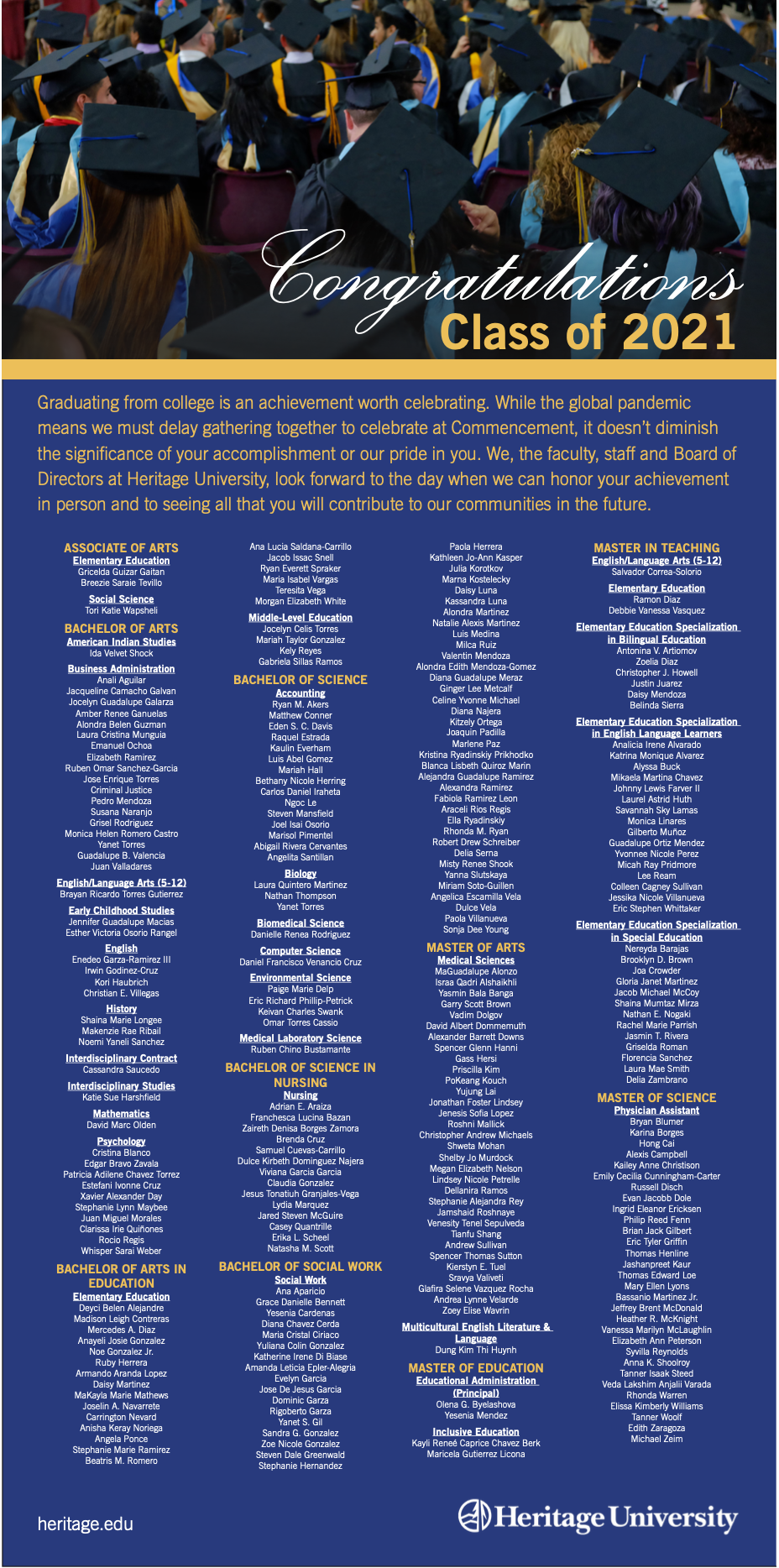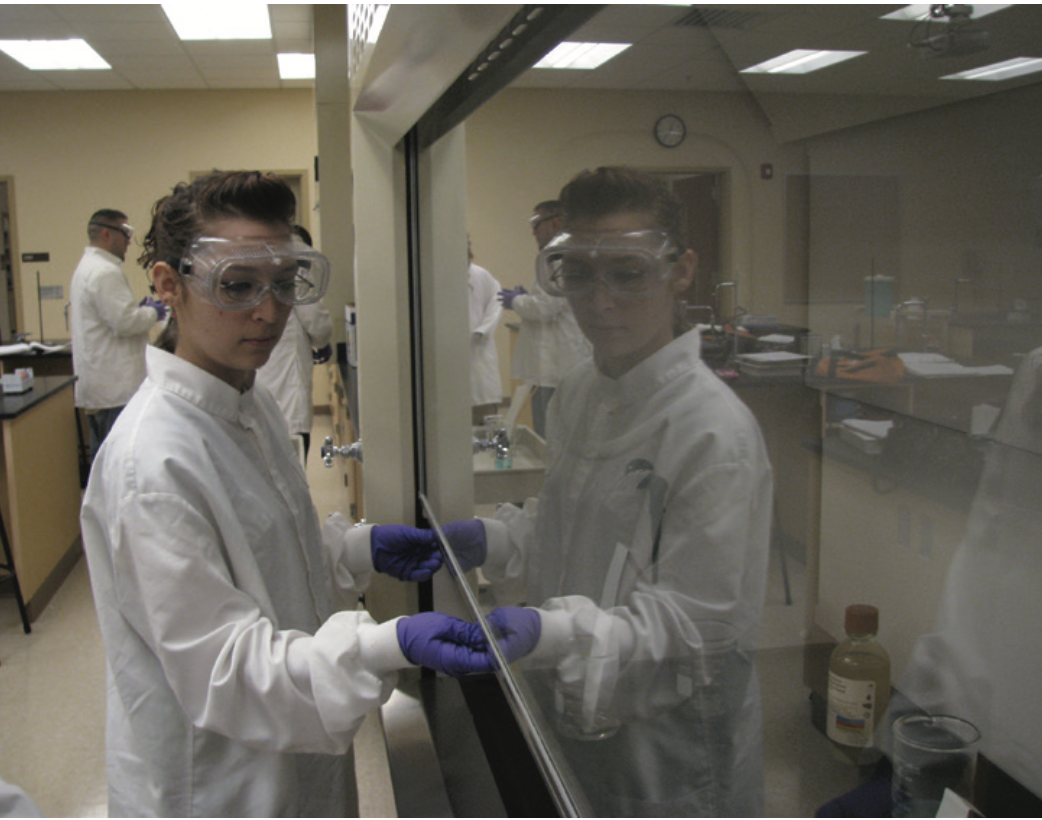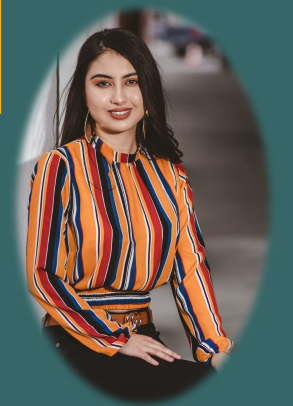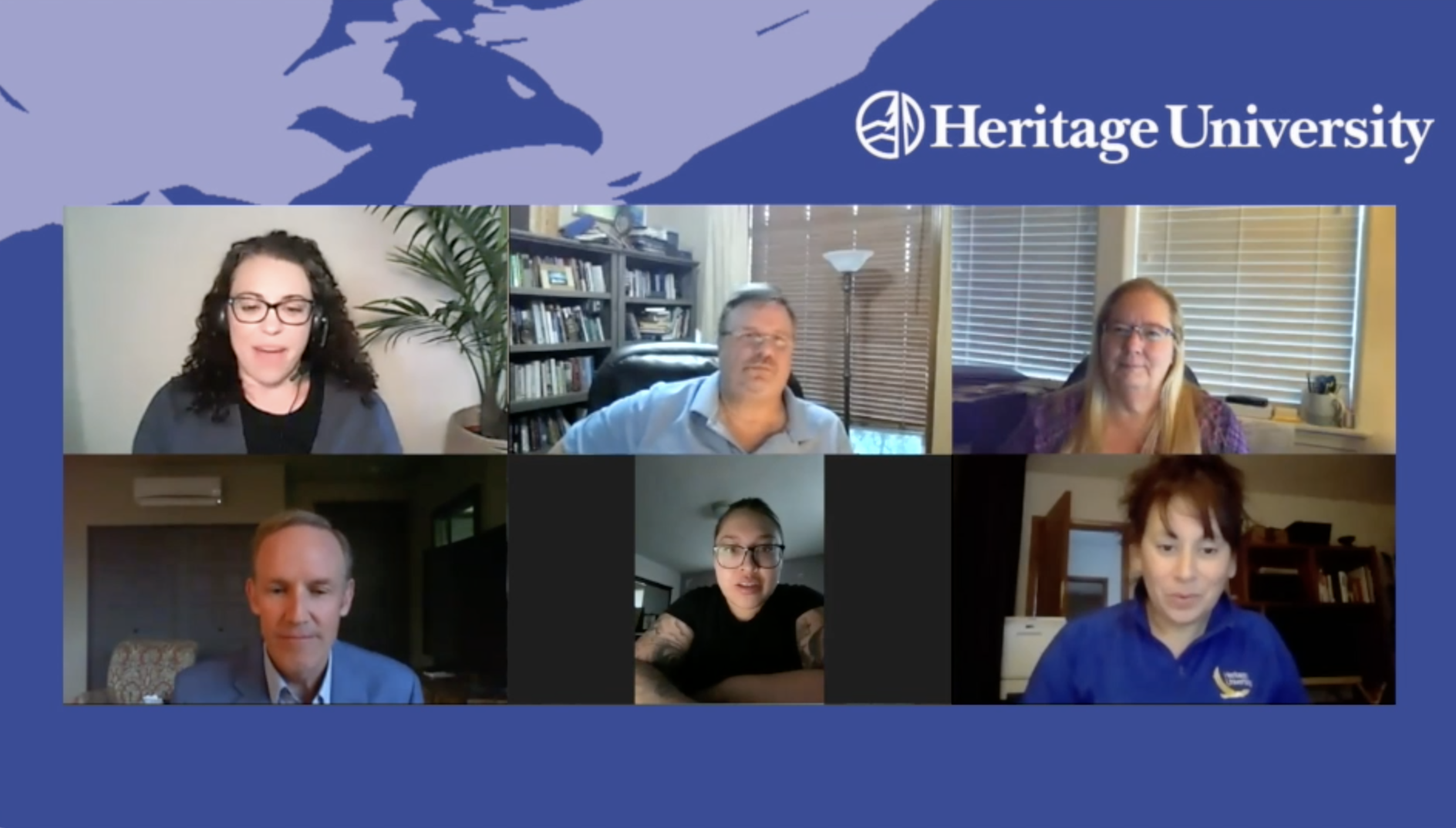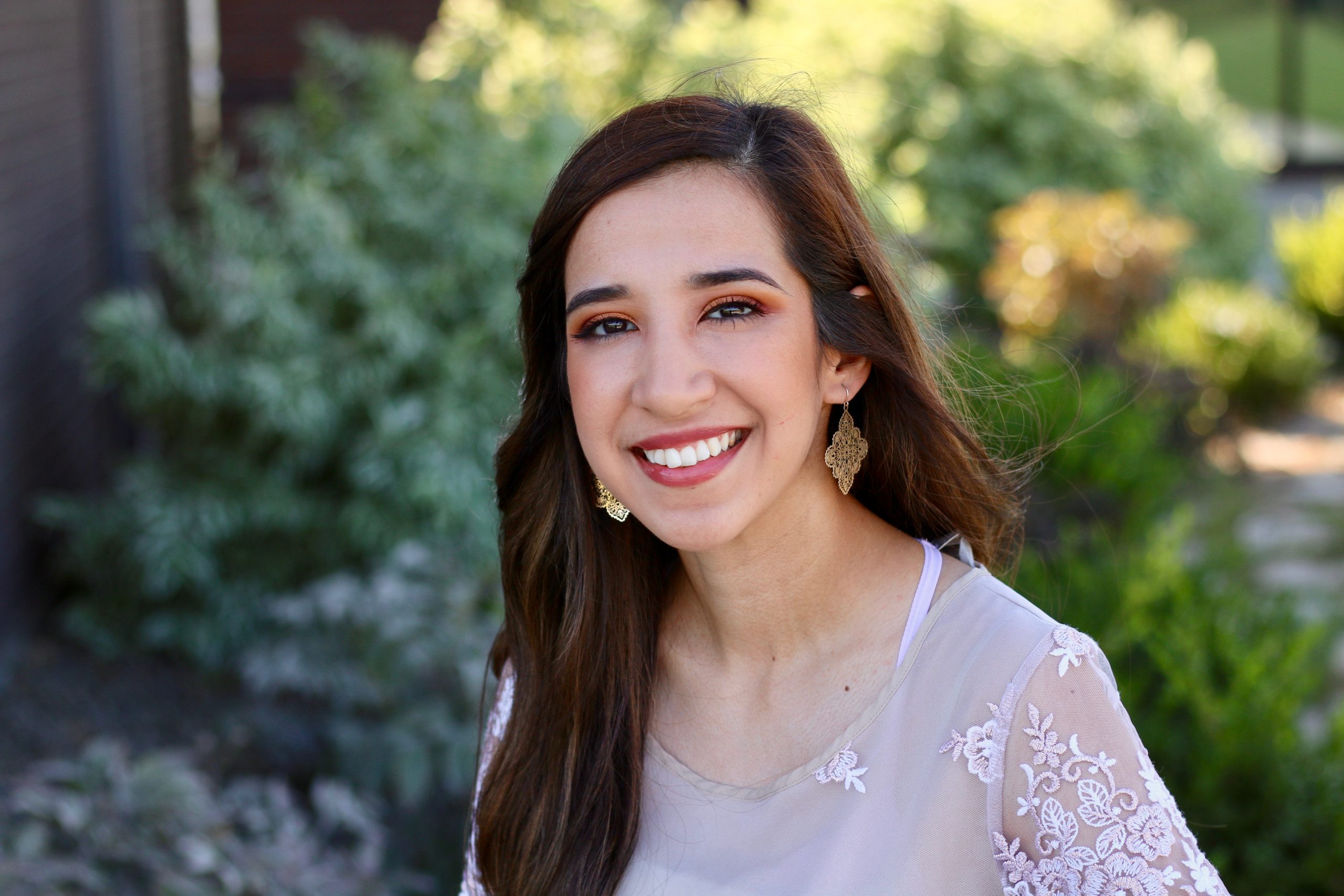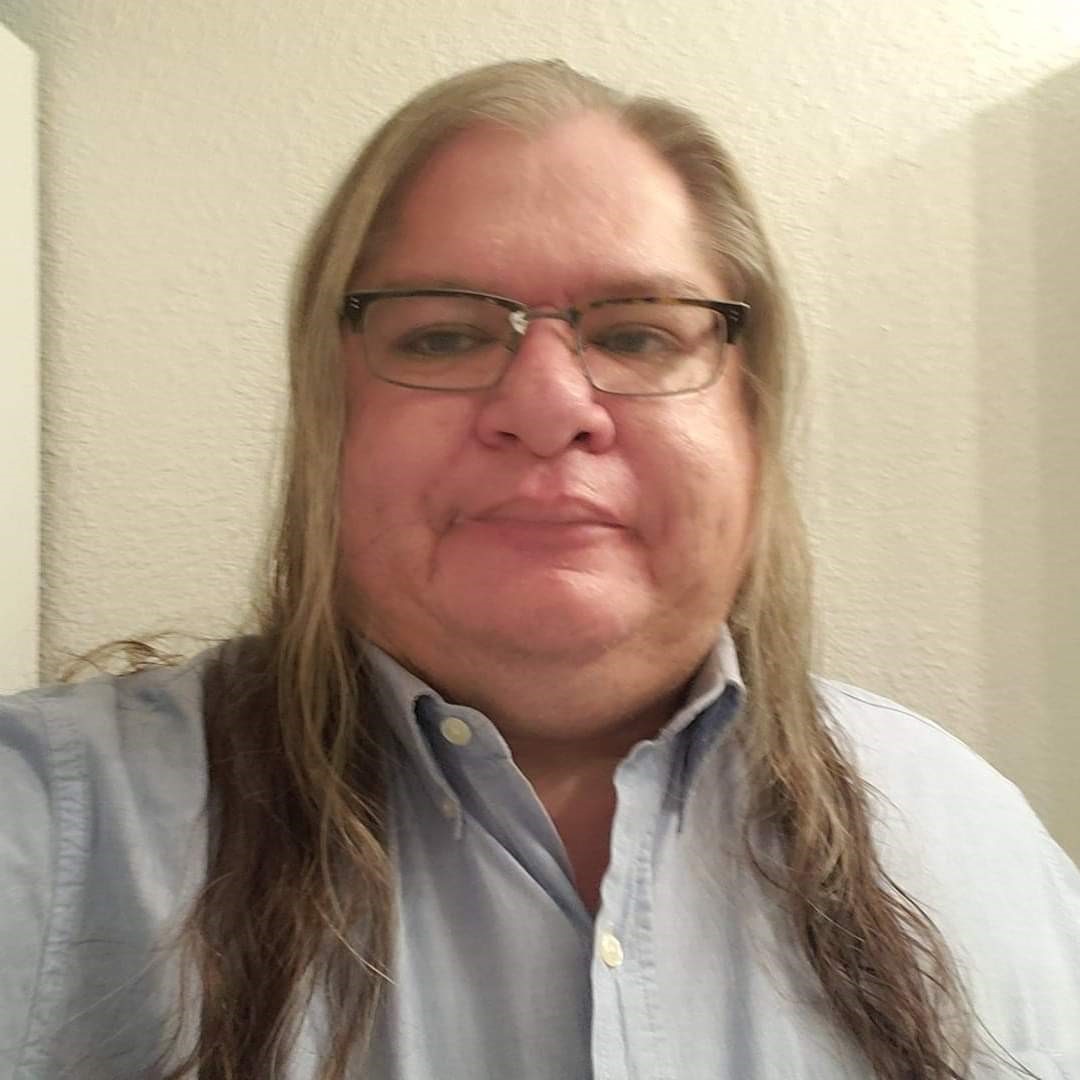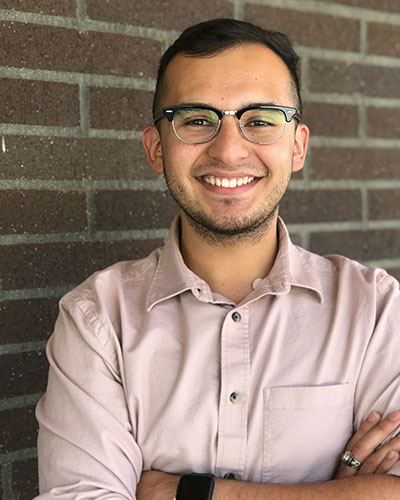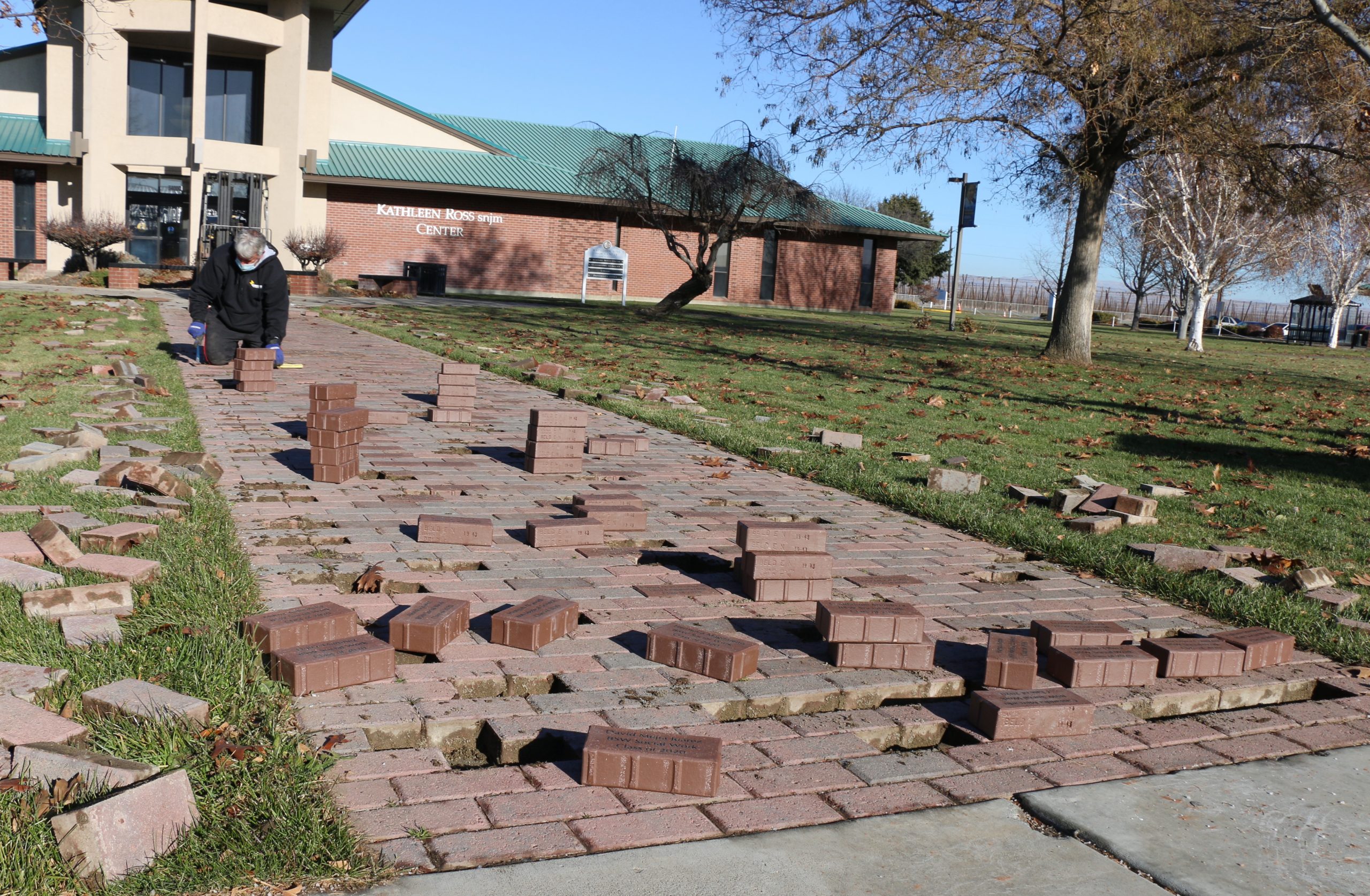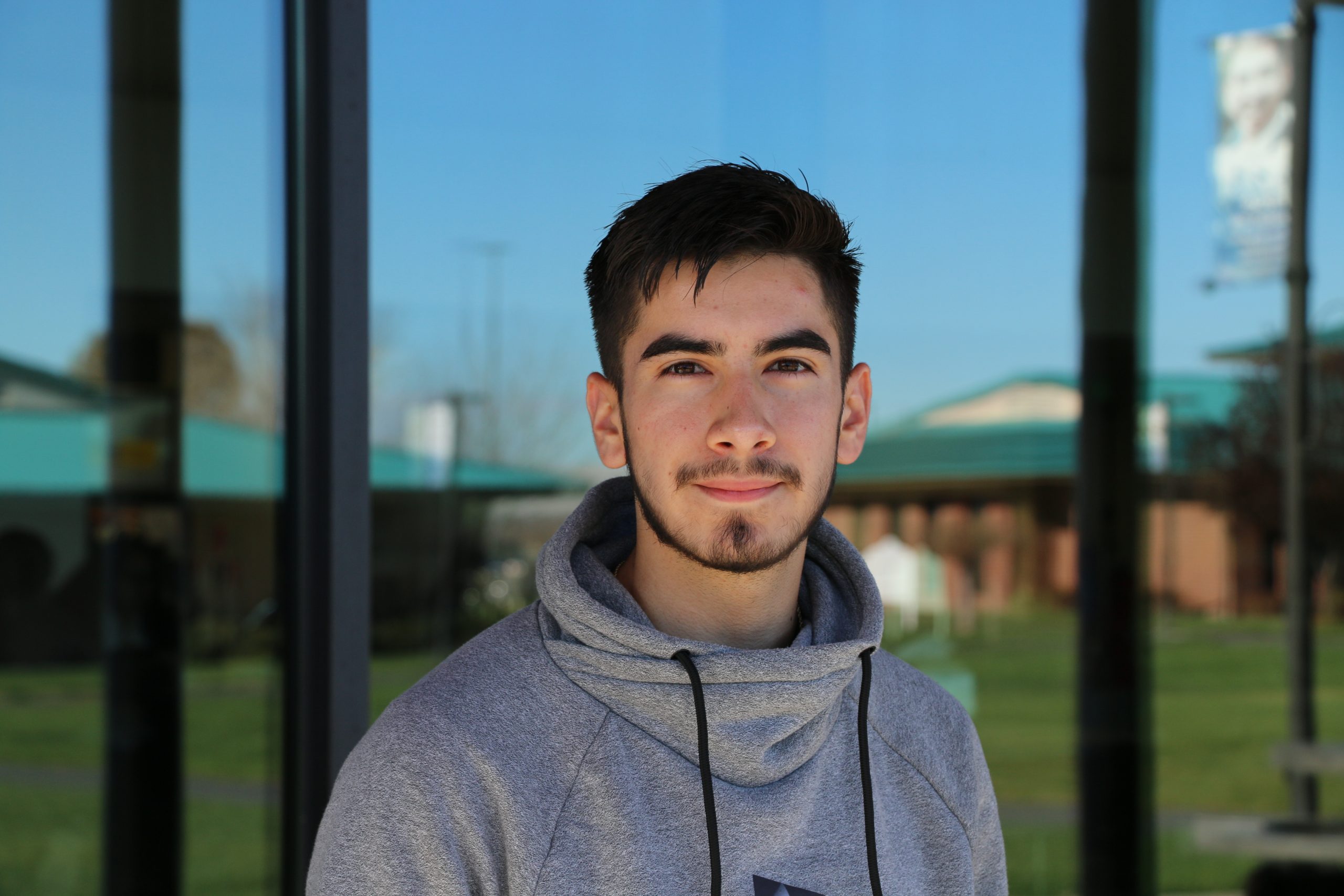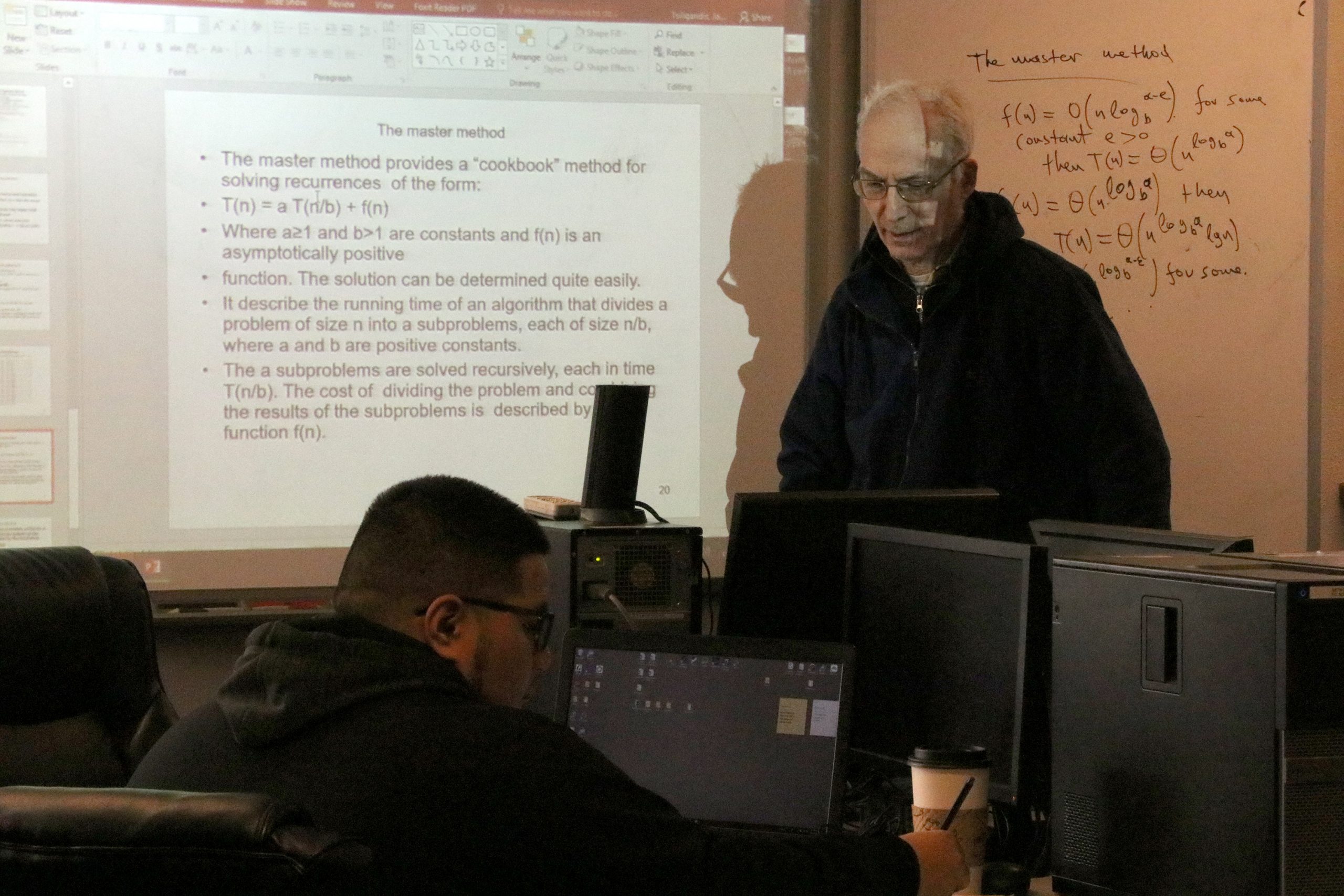Heritage University designated as a Hispanic Serving Institution and a Native American-serving Non-Tribal Institution: one of only two universities designated as both, in the country
FOR IMMEDIATE RELEASE
Heritage University designated as a Hispanic Serving Institution and a Native American-serving Non-Tribal Institution: one of only two universities designated as both, in the country
Toppenish, Wash. – Heritage University is one of only two universities in the United States designated by the United States Department of Education as both a Hispanic Serving Institution (HSI) and a Native American Serving Non-Tribal Institution (NASNTI).
An HSI is defined in federal law as an accredited, degree-granting, public or private nonprofit institution of higher education with 25% or more of its total full-time enrolled students who identify as Hispanic. A NASNTI is a postsecondary institution that is not affiliated with American Indian and Native Alaskan tribes and has an enrollment of 10% or more of its full-time students who identify as Native American. In the fall of 2020, the undergraduate student population consisted of 67% Hispanic/Latino and 10% American Indian or Alaska Native students.
Founded in 1982 by Dr. Kathleen Ross, snjm and Yakama Nation tribal members Martha Yallup and Violet Lumley Rau, Heritage University’s mission is to make college accessible to populations historically underrepresented in higher education.
Andrew Sund, Ph.D., president of Heritage University, said Heritage’s new designation as a NASNTI is an indication of the university’s adherence to its mission. “Heritage is located on the Yakama Indian reservation but was founded to serve all the people of the Yakima Valley. We are determined to ensure that Heritage is a welcoming place for all students, and I am particularly proud of the relationship we have with the Yakama Nation leadership with which we have developed programs to ensure Native American students can be successful at Heritage.”
“When the proposal to start a college on the Yakama Nation was brought to the Tribal Council in 1981, the council advised the founders that Heritage should be a college for all peoples of the valley,” said Delano Saluskin, Yakama Nation Tribal Council Chairman. “To be designated both a Native American serving and a Hispanic serving institution is a validation of that guidance. We are honored to work closely with university leadership to ensure that Heritage is as welcoming and accessible today as it was when it was founded 40 years ago.”
Eighty-five percent of Heritage students are the first in their families to attend college. To help overcome the challenges faced by first-generation college students, Heritage provides Student Support Services (S3), a federal TriO project to assist first-time and low-income college students and students with disabilities in earning a bachelor’s degree. As a NASNTI, Heritage is eligible to receive federal discretionary funding to improve and expand its capacity to serve Native American students.
For more information, contact Davidson Mance, media relations coordinator at (509) 969-6084 or Mance_D@heritage.edu.
# # #

